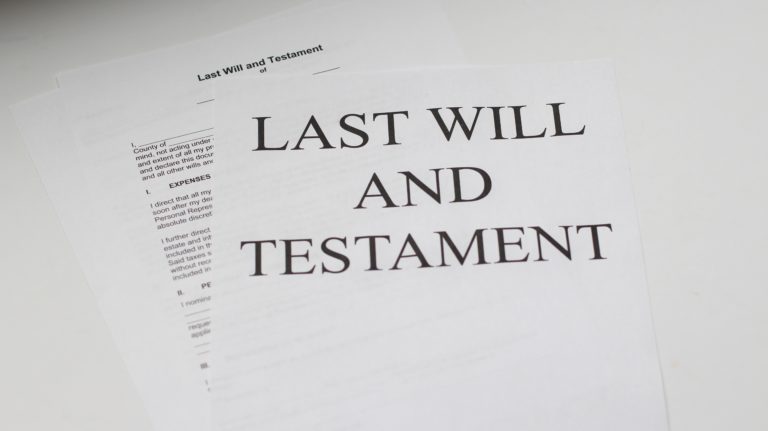
Does My Estate Plan Need an Audit?
You should have an estate plan because every state has statutes that describe how your assets are managed, and who benefits if you don’t have a will. Most people want to have more say about who and how their assets are managed, so they draft estate planning documents that match their objectives.
Forbes’ recent article entitled “Auditing Your Estate Plan” says the first question is what are your estate planning objectives? Almost everyone wants to have financial security and the satisfaction of knowing how their assets will be properly managed. Therefore, these are often the most common objectives. However, some people also want to also promote the financial and personal growth of their families, provide for social and cultural objectives by giving to charity and other goals. To help you with deciding on your objectives and priorities, here are some of the most common objectives:
- Making sure a surviving spouse or family is financially OK
- Providing for others
- Providing now for your children and later
- Saving now on income taxes
- Saving on estate and gift taxes in the future
- Donating to charity
- Having a trusted agency manage my assets, if I am incapacitated
- Having money for my children’s education
- Having retirement income; and
- Shielding my assets from creditors.
Speak with an experienced estate planning attorney about the way in which you should handle your assets. If your plan doesn’t meet your objectives, your estate plan should be revised. This will include a review of your will, trusts, powers of attorney, healthcare proxies, beneficiary designation forms and real property titles.
Note that joint accounts, pay on death (POD) accounts, retirement accounts, life insurance policies, annuities and other assets will transfer to your heirs by the way you designate your beneficiaries on those accounts. Any assets in a trust won’t go through probate. “Irrevocable” trusts may protect assets from the claims of creditors and possibly long-term care costs, if properly drafted and funded.
Another question is what happens in the event you become mentally or physically incapacitated and who will see to your financial and medical affairs. Use a power of attorney to name a person to act as your agent in these situations.
If, after your audit, you find that your plans need to be revised, follow these steps:
- Work with an experienced estate planning attorney to create a plan based on your objectives
- Draft and execute a will and other estate planning documents customized to your plan
- Correctly title your assets and complete your beneficiary designations
- Create and fund trusts
- Draft and sign powers of attorney, in the event of your incapacity
- Draft and sign documents for ownership interest in businesses, intellectual property, artwork and real estate
- Discuss the consequences of implementing your plan with an experienced estate planning attorney; and
- Review your plan regularly.
Reference: Forbes (Sep. 23, 2020) “Auditing Your Estate Plan”




